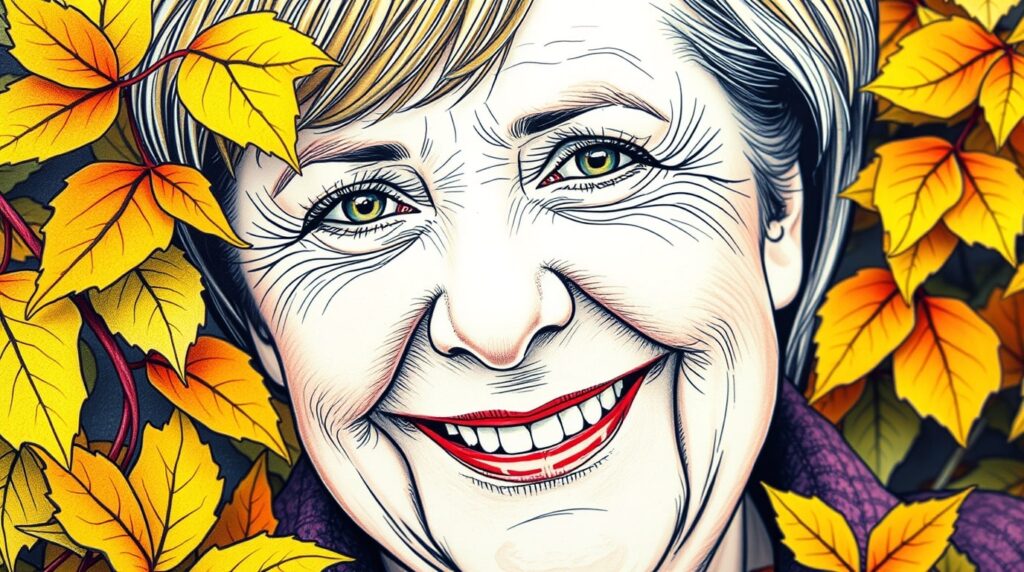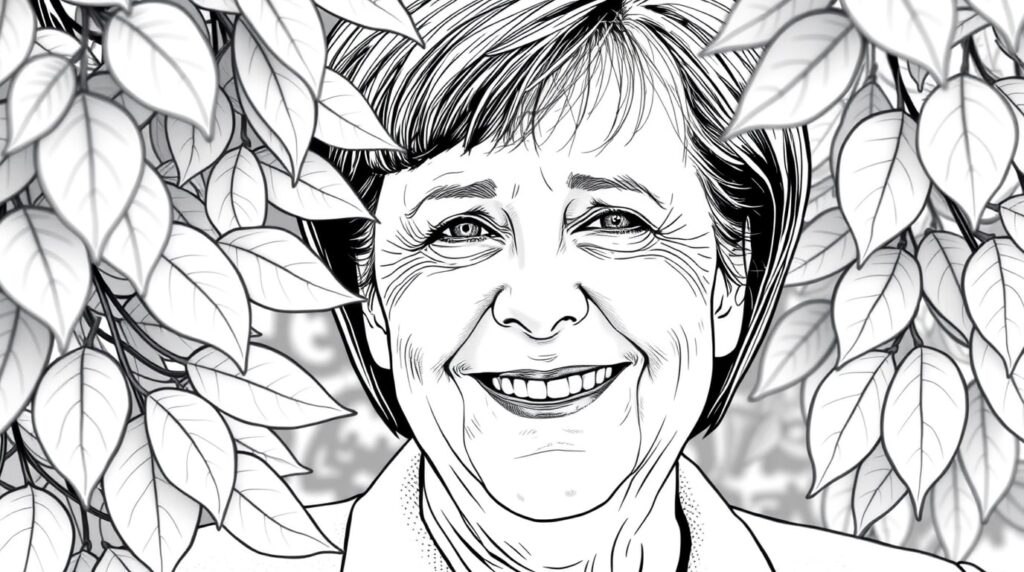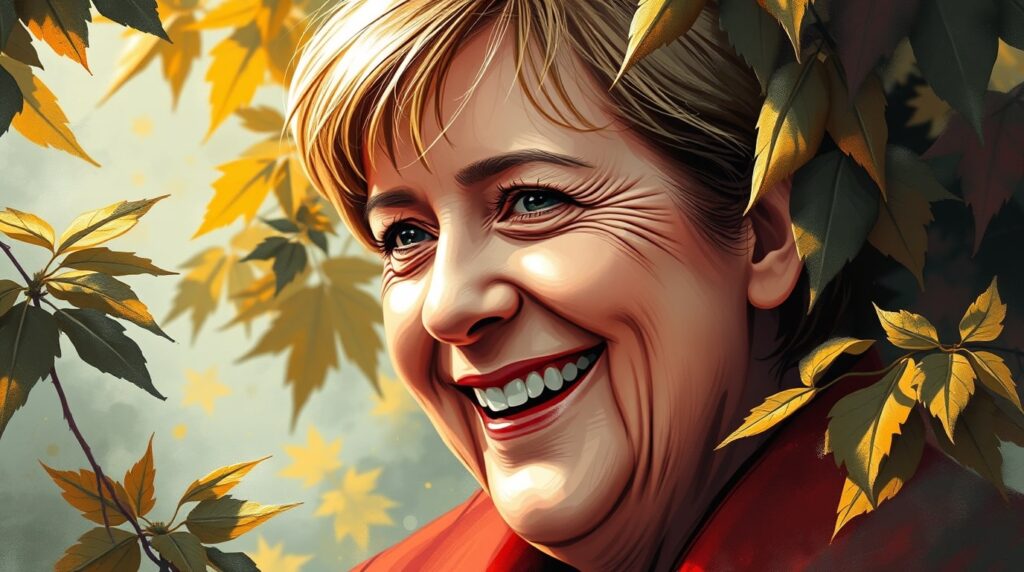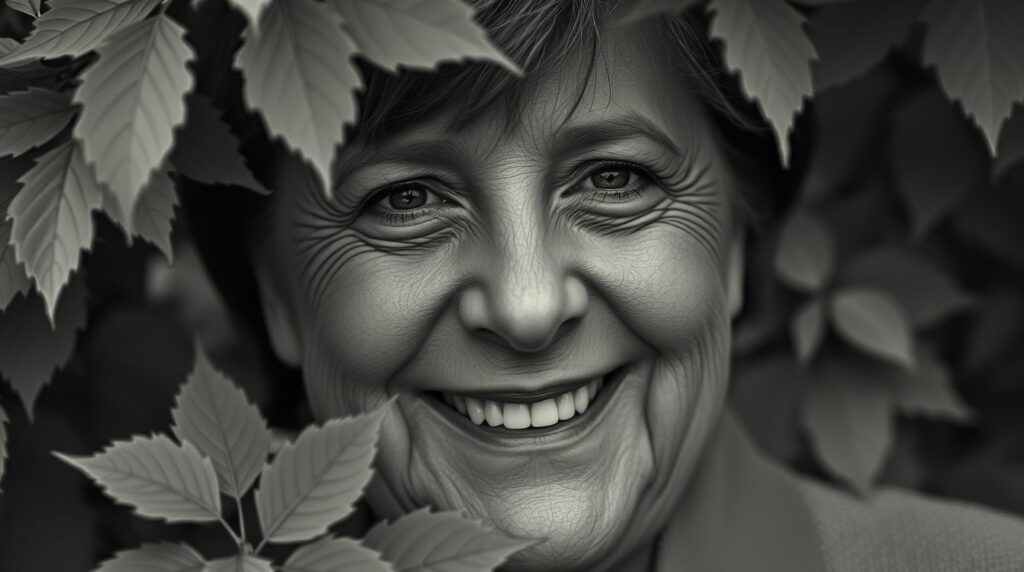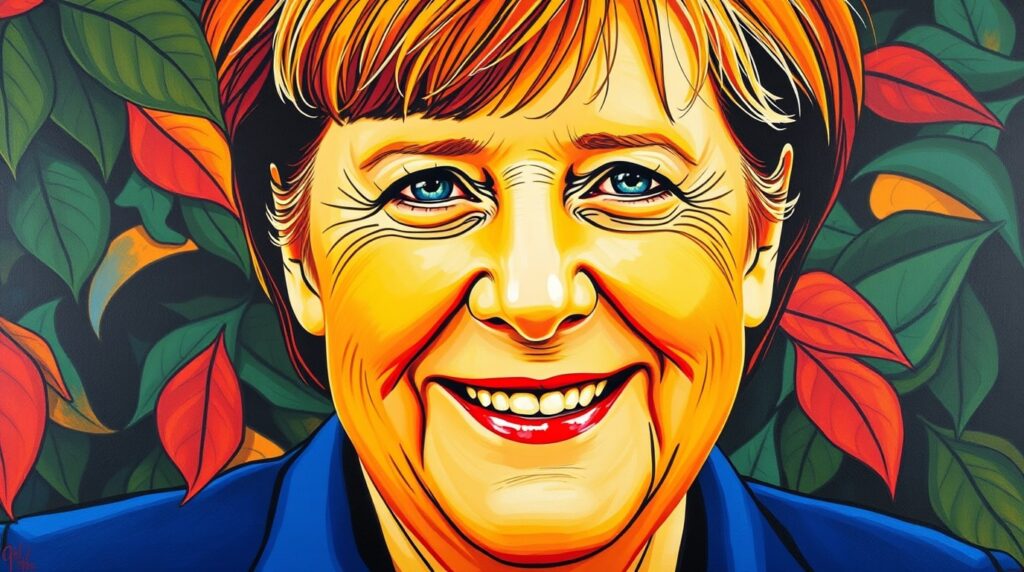Ah, Angela Merkel, the scientist-turned-stateswoman who somehow made practical shoes and no-nonsense blazers the ultimate power moves. If you’re thinking, “Oh great, another political blog about glass ceilings and gender quotas,” buckle up. We’re taking a lighthearted romp through Merkel’s legacy on women’s rights and justice, and spoiler alert, it’s more than just her steely stare that shook patriarchy to its core.
The Merkel Method
First off, let’s give it up for Germany’s first female chancellor. That’s right, before Merkel came along in 2005, the country had 0 years of women in the top job. Zilch. Nada. Not exactly a feminist wonderland, huh? But Merkel didn’t just break the glass ceiling; she walked right through it with a scientific calculator in one hand and a clear-eyed strategy in the other.
Unlike many leaders who shout about their achievements, Merkel let her actions do the talking. She showed the world that a woman could lead one of the most powerful nations on Earth without a single scandalous tabloid story. (Imagine that!) Instead, she was busy running a country, stabilizing the European Union, and, oh, you know, managing crises like a global financial meltdown and a refugee crisis.
For many women, Merkel’s steady, quiet leadership style proved that you don’t have to adopt “man-speak” or out-alpha the alphas to make history. She made space for women to lead in their own way, reshaping the image of female leadership from loud and brash to measured and resolute. It’s the “Merkel Method,” and frankly, it’s iconic.
Policies, Please! What Did She Actually Do?
Alright, let’s get into the nitty-gritty: policies. Merkel didn’t just inspire women from the top; she also paved the way for real, measurable progress. Here are some highlights:
- Quotas for Women on Boards: Ever heard the phrase, “If you’re not at the table, you’re probably on the menu”? Merkel must’ve taken that to heart because her government implemented legislation requiring large companies to have at least 30% women on their supervisory boards. Cue male execs nervously Googling “how to work with women.”
- Parental Leave Reform: Merkel’s government revamped Germany’s parental leave policies, making it easier for moms and dads to balance work and family. Dads got encouraged (okay, prodded) to take time off with their kids, leading to adorable moments of men in suits pushing strollers through Berlin. It was a win for gender equality in parenting roles.
- Pay Equity: Germany under Merkel introduced measures to address the gender pay gap, though, let’s be real, progress in this department has been slow. Even Merkel couldn’t wave a magic wand and fix centuries of wage disparity overnight, but she got the conversation started. Baby steps, people.
A Feminist Move?
Here’s a curveball: Merkel’s decision to welcome over a million refugees in 2015 wasn’t just a humanitarian act; it’s been hailed as a feminist one, too. Why? Because many of those refugees were women and children fleeing war-torn regions where basic rights (let alone women’s rights) were nonexistent.
Critics called her decision reckless, but Merkel stood her ground, famously saying, “Wir schaffen das” (“We can do this”). For the women who found safety and opportunities in Germany, Merkel’s stance was life-changing. She didn’t just open doors; she flung them wide open and said, “Come on in, we’ll figure it out together.”
Merkel’s Legacy
So, did Merkel single-handedly dismantle the patriarchy? Nah, she’s not Wonder Woman. (Though we’d pay good money to see her rock that outfit.) Her legacy on women’s rights is a mixed bag: undeniable progress on some fronts, slow movement on others.
For instance, while more women entered politics and leadership roles during her tenure, Germany still doesn’t have full gender parity in parliament. And let’s not forget the gender pay gap, which remains a thorn in the side of equality advocates. But hey, Rome wasn’t built in a day, and neither is a feminist utopia.
Why Merkel Matters
Here’s the thing: Angela Merkel’s greatest legacy isn’t just her policies, it’s the symbolism of her leadership. She showed that a woman could lead with competence, empathy, and strength without needing to conform to traditional (read: male) notions of power.
And she did it all while dodging the kind of melodrama that’s become the hallmark of modern politics. Seriously, can we take a moment to appreciate how she managed 16 years as chancellor without a single tantrum on Twitter? Iconic.
Beyond Germany
Merkel’s impact stretches far beyond Germany’s borders. She became a role model for women and girls around the world, proving that leadership isn’t about gender, it’s about grit, grace, and a whole lot of hard work.
So, what’s the takeaway? If Angela Merkel taught us anything, it’s that progress on women’s rights doesn’t always come with fireworks and fanfare. Sometimes, it looks like a quiet scientist in a blazer, methodically steering the ship through stormy waters. And honestly? That’s pretty badass.


